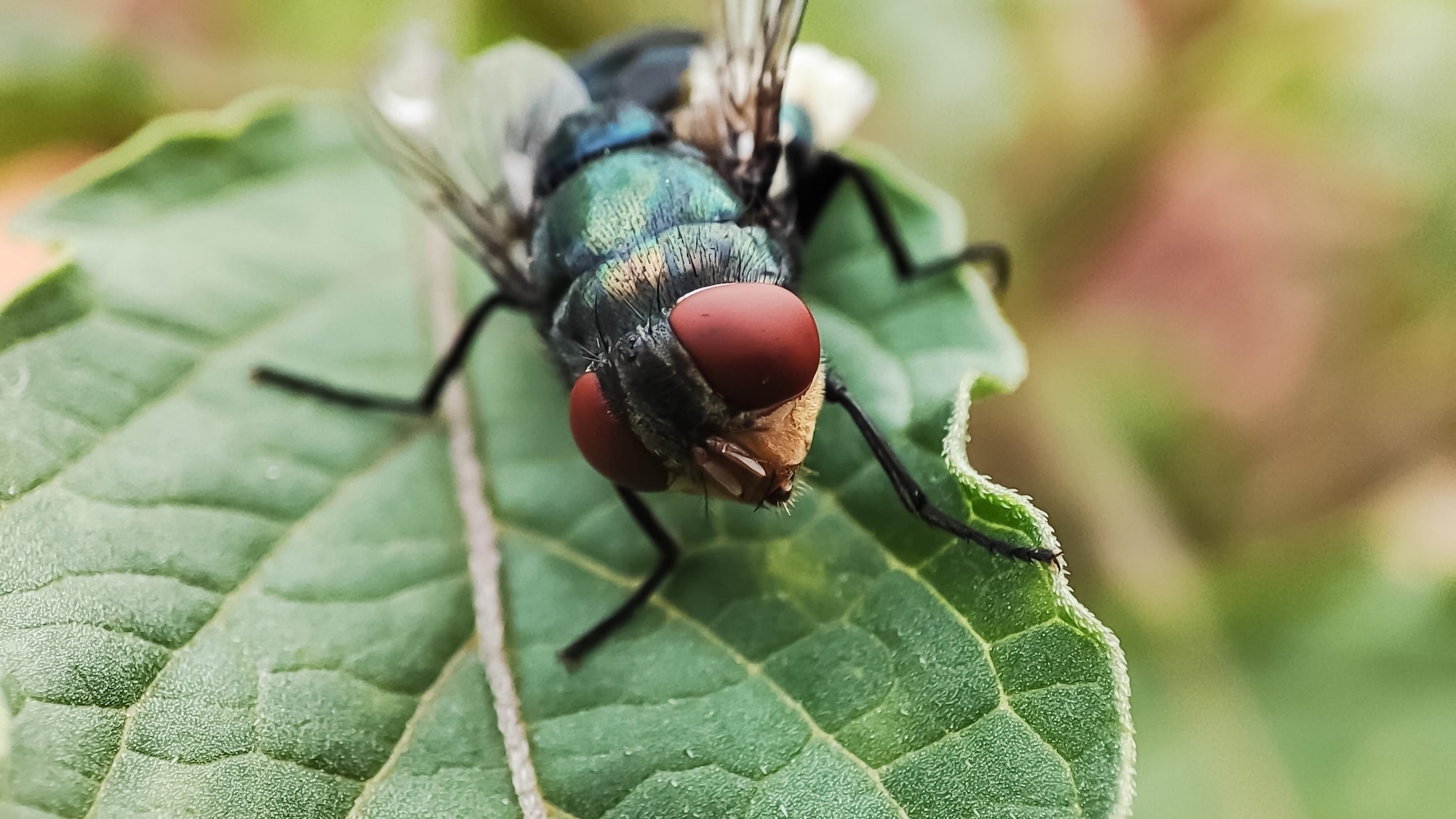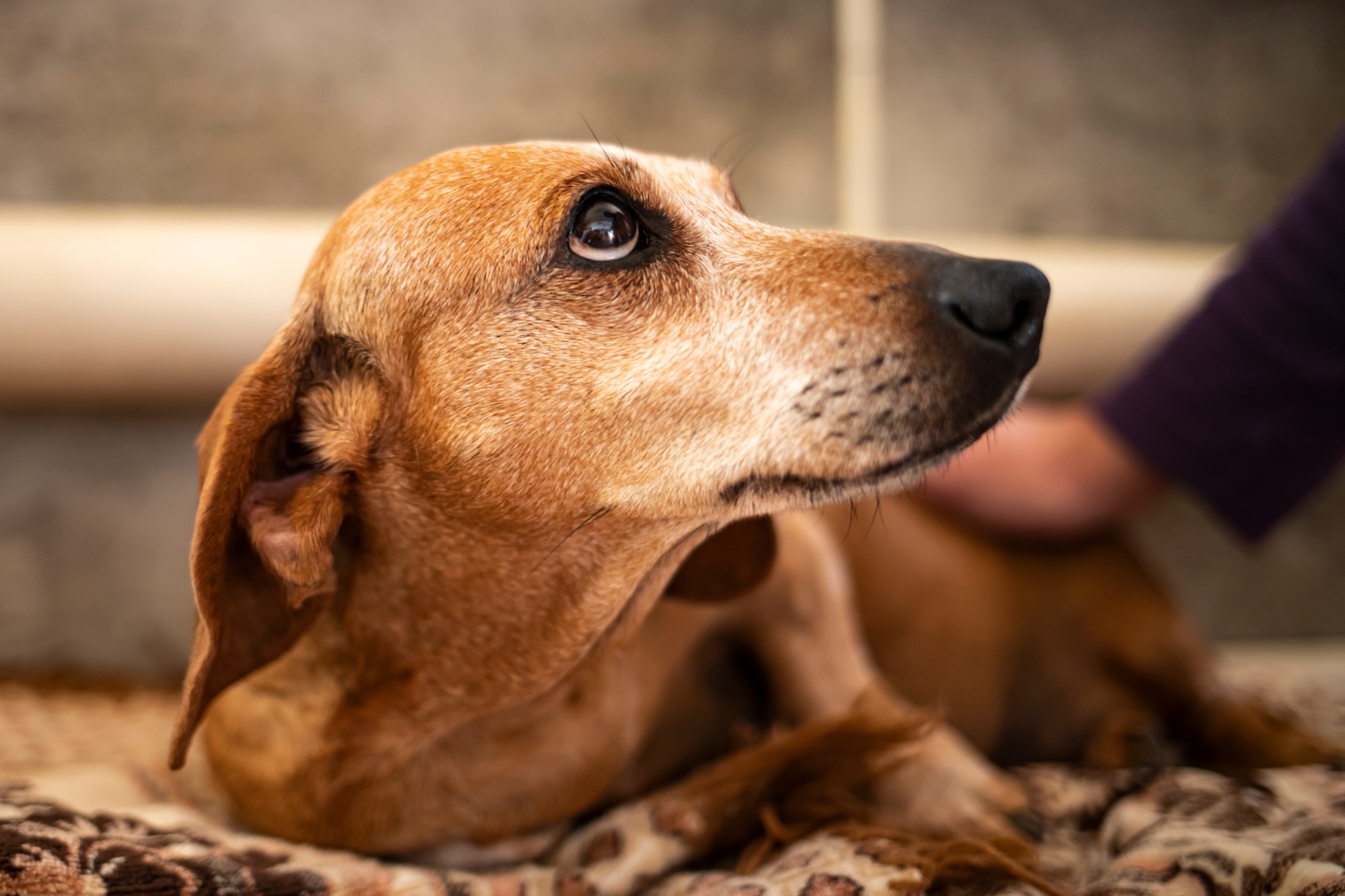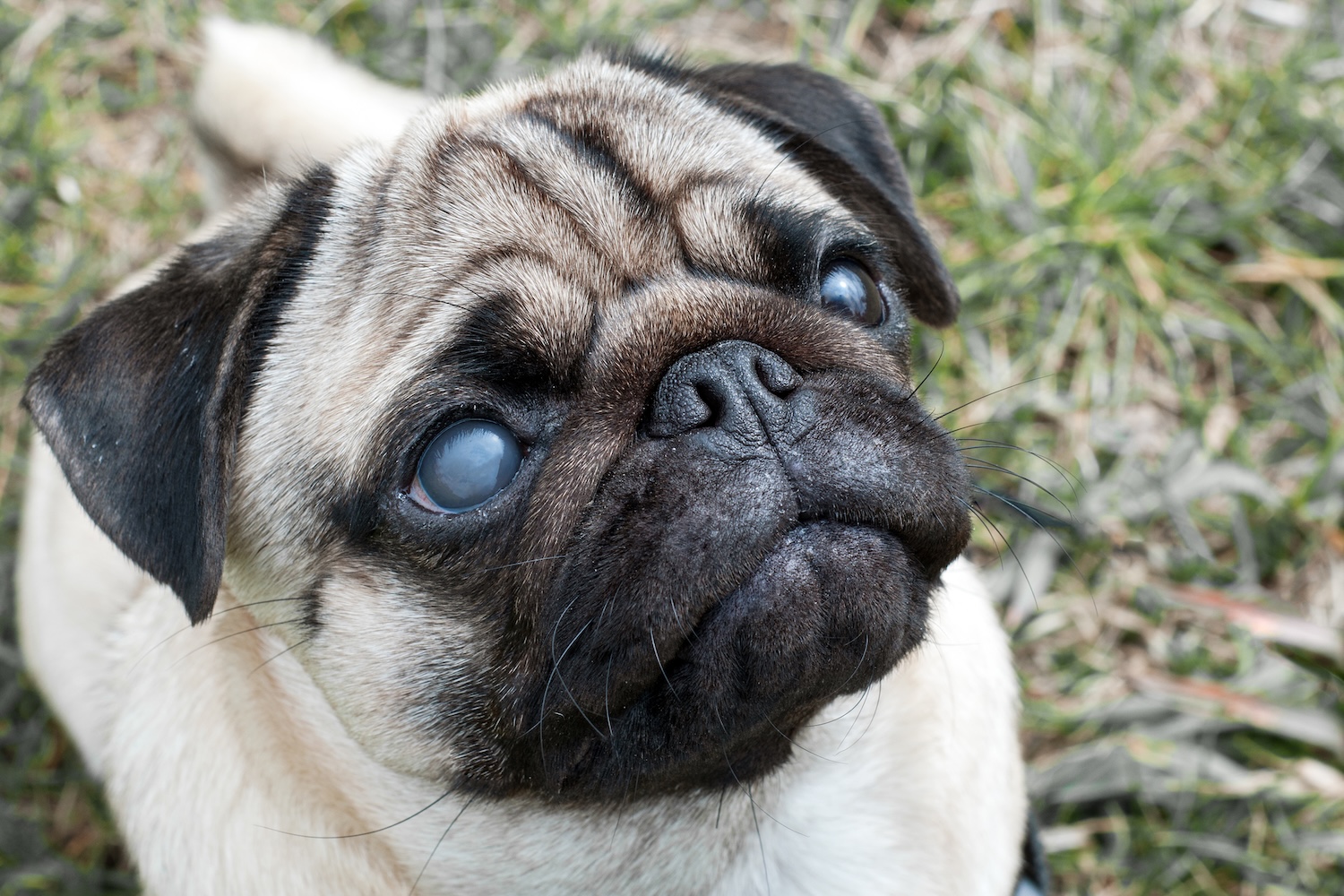We’re are VERY aware that dogs most certainly fart. So, it follows that they burp too!
Dogs burp just like you do, and for many reasons. Some burping is normal but too much may be cause for concern. Here’s what to look, and listen, for when it comes to eructation (that’s burping!).
Is burping normal in dogs?
Burping, belching, eructation. By any of its names, it refers to gas passing from the stomach, up through the esophagus, and out the mouth (often accompanied by an onomatopoeic brap or urp sound). As in humans, it’s a completely normal phenomenon, and typically means your dog is expelling the excess gas in their system that comes from eating very quickly, gulping down both food and air.
That said, your dog may be burping for other reasons, some of which may be cause for concern.
What causes a dog to burp?
Dogs burp when there is excess gas in the stomach that needs to escape. Excess gas in your dog’s stomach can arise from swallowing air while eating and drinking (known as aerophagia), or from the gas produced from digestion inside the GI tract, or in the bloodstream.
Eating too quickly
Quickly gulping down food means your dog gets a lot of air in their stomach, along with food. Wolfing down meals is, of course, extremely common among dogs. If you’ve ruled out dietary causes of excess burping, you might consider slowing the rate of their food consumption by using a slow feeder—a bowl or dispenser designed to prevent the wholesale inhalation of meals .
Gastrointestinal upset due to dietary indiscretion
Dogs are notorious for going through the garbage, or sneaking something foul from the sidewalk. This dietary indiscretion is a common cause of burping and farting, and all sorts of other digestive issues. Obviously, it’s a good idea to do what you can to prevent your dog from eating anything they’re not supposed to.
Depending on what your dog ate, they may start out burping and move on to vomiting or diarrhea. If the digestive fallout only lasts a day or so, it should be nothing to worry about. If you notice an unusual amount of gas that lasts longer, or ongoing diarrhea or vomiting, be sure to speak to your vet.
Highly-processed and starchy foods
Just like humans, dogs may burp more often because of their diet.
Starchy foods are also known to cause more gas production than other foods, as are highly-processed foods. If your dog is burping and you suspect their diet may be the cause, consider switching from kibble to fresh food. Research has shown that fresh, human-grade food is more digestible than most extruded kibble. Digestibility means that your dog’s body is absorbing the nutrients in their food. It affects the amount of poop produced per day (dogs eating fresh food produce smaller poops!) as well as gas.
Brachycephalic anatomy
Brachycephalic, or flat-faced dogs are more prone to burping (and farting!). Their flat face makes them more prone to consuming excess air due to their restricted airways.
How much burping is too much?
If your dog burps a few times after eating their breakfast or dinner, it’s likely not something you need to worry about. Chances are it’s just air escaping that they’ve ingested while eating their meal.
If you’ve noticed your dog is burping excessively outside of meal times, or burping more than usual, it may be cause for concern. Consistent burping without a clear cause is something to watch out for—it can be a sign of gastrointestinal distress, or bloat.
A note about bloat
You may notice burping in the early stages of bloat. Bloat occurs when a dog’s stomach is filled with too much food, liquid, or gas, causing it to expand and put pressure on other organs. This can interfere with blood flow and breathing. It can also lead to gastric dilatation-volvulus (GDV), a potentially fatal condition in which excess gas causes the stomach to twist onto itself.
The two most obvious symptoms of bloat are a distended belly and unproductive belching—think of how a human might “dry heave.” Your dog is trying to expel the cause of gastric discomfort, but the passage is blocked.
The next thing to look for is rapid, shallow breathing and pale gums. Panting can be a perfectly normal way for dogs to cool down— but if your dog’s gums also look pale and he seems distressed or like he’s in pain, it should be a cause for concern.
If you notice a distended abdomen, attempted burping, retching, signs of pain, or collapse, contact a veterinarian as soon as you can. It is vital that any dog owner who notices signs of this condition bring their dog to a veterinarian right away, as any delay could result in death. This is a situation in which minutes make a huge difference.
When to be concerned
Again, a bit of burping is normal! If your dog is burping excessively, you may want to have them checked out by your veterinarian.
You may also notice your dog’s intestines “grumbling,” making gurgling noises as gas is moved around their gut (it goes by the comical name of borborygmus). A bit of stomach noise is normal. But if you notice excessive stomach grumbling or tightness, it’s a good idea to keep an eye on your dog for any other gas-related symptoms and take them to the vet if needed.




